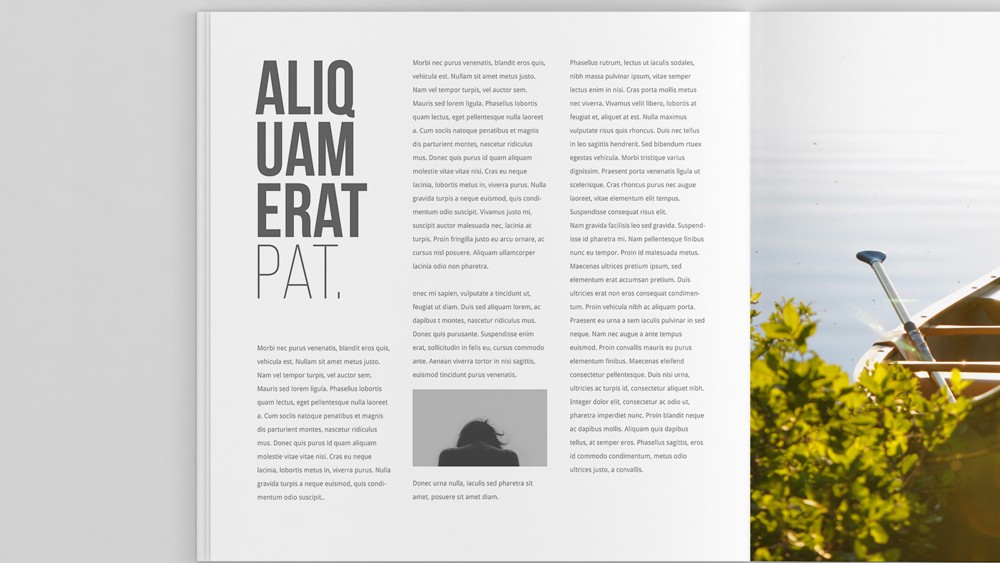You don’t have to be an online marketer to notice Google’s last big paid search change: the absence of side-ads. Google has decided to do away with PPC side ads that have long offered an important stream of traffic to many online marketers.
Google’s motives
While there might be rampant uncertainty among marketers, Google seems confident in the changes. The decision to kill side-ads can be traced back to testing begun way back in 2010. Apparently this testing has convinced Google that it’s best-off without side-ads, despite the fact that they must offer no small level of PPC ad revenue to the search engine behemoth.
The major change is that there are no more side-ads, but this is not the only tweak. Google has also decided to add a fourth PPC result at the top of the page for certain keywords deemed “highly commercial” like “car insurance” and “hotels in NYC”.
The addition of this fourth result has obviously been devised to compensate Google for revenue that is lost due to the removal of the side ads. Online marketers will readily realize that this fourth PPC ad at the top of the results will now probably be more expensive- and more valuable to advertisers- than all of those side ads combined.
In the past, Google has explained that side ads don’t offer as high a click-through rate as PPC ads that are placed above and below organic results. Marketers have also speculated that Google wished to make SERPs accessed on desktop computers more identical to SERPs that come up on mobile devices and tablets where side ads just don’t fit.
The resulting panic
Online marketers and SEOs are definitely prone to panic, especially when it comes to tweaks Google makes regarding paid search. It seems logical that the change is going to result in a rise in prices in PPC advertising on Google.
It’s safe to reason that the change could lead to an increase in PPC advertising costs on other search engines like Yahoo and Bing as well as more marketers try their luck with these alternatives after Google PPC has become unaffordable.
But marketers shouldn’t be immediately pessimistic about the changes. A variety of factors influence whether Google’s removal of side ads is going to hurt you or help you as a marketer. These factors include the competitiveness of your keywords, where you stand in organic search result, what your advertising budget is, and how important mobile search is among your target customers.
Gauging benefits and drawbacks
Panic often comes prematurely or unnecessarily in the online marketing and SEO community. While it’s true that Google’s change is going to shake things up and require many PPC advertisers to reorient themselves in the new landscape, the change is also likely to provide some benefits. The following are a few scenarios that could make the chance benefit you as a marketer.
You’re organically ranking on page two or three.
Take a look at the SERPs after the change and you’re going to notice much more white space. When you scroll down a Google SERP now, this white space seems to throw the focus on the organic search results to the left.
If you’re equally invested in organic search and PPC advertising, you might find that the change hurts you when it comes to paid search advertising but increases your success with getting traffic from an organic search listing.
Not only could the absence of side ads make your organic search result more likely to be clicked on, but it could also make it more likely that search engine users will find you even if you’re not listed until the third or fourth result page. Fewer results on the first page due to no side ads means that search engine users have fewer paid ads to wade through before reaching your listing. As such, you might be able to expect better performance for your organic ranking.
You’re already ranking in the first few PPC spots anyway.
If you’re using PPC advertising for a keyword that’s not too competitive, there might not be many other marketers you’re competing with. The change is basically inconsequential for you if you’re ranking for a keyword that never had side ads coming up anyway.
You’re in that number 4 spot.
If you used to be listed in a side ad and you now find that you’re listed fourth right above the organic results, you’ve benefited enormously from the change.
Now that Google has added that fourth spot for paid search ads under competitive keywords, it’s like the fourth PPC ad spot is where the first organic spot used to be. Many online marketing commentators feel that this makes it so that the change is detrimental to organic search engine optimizers while benefiting PPC advertisers. It’s been noted that marketers who can afford higher advertising prices for PPC ads will get better results on the top four ads now that there’s no more competition and distractions from side ads.
Despite these scenarios, the move by Google is clearly going to leave some feeling slighted. If you’re ranking number one in organic search for a competitive keyword, you’ve now been downgraded from the fourth result to the fifth. Also, if you were relying solely on inexpensive PPC side ads to drive traffic to your site, this move means you need to think of a new strategy fast.
Coping strategies
As an online marketer you probably already know that success is about adapting quickly, devising creative solutions, testing, and persevering. The following are just a few coping strategies that can help you pull through if your traffic is going to fall significantly in the wake of Google’s latest paid search game changer:
• Experiment with other search engines- A report from February of 2016 lists Google’s search engine market share at 67 percent. That’s big, but it’s not everything. That means that a third of the market goes to other search engines, so try running ads with them and see what happens.
• Focus on brand recognition- It doesn’t matter so much how high your ranking if people recognize your brand name. Establish brand recognition and a strong reputation and people will immediately click on your listing when they see your name.
• Vamp up your social media activity- Paid search advertising might have been important to you, but it always had one big drawback: you had to pay for it. Let this Google shake-up motivate you to look into free advertising offered by interacting with potential customers on social media.
• Rethink and retest your metatags– Metatags are more important than ever now that it’s becoming harder to get listed on the first page of the SERPs. Now’s the time to re-optimize your metatags and see if you can come up with something that’s going to draw traffic even if you’re getting fewer impressions or fewer opportunities to appear.
If you feel like this big change on Google has made it so that now’s the time to reconsider your SEO practices, Webseology is here to help. Specializing in digital marketing and SEO, Webseology offers the tools small businesses need to get the most out of their online presence.



Comments are closed.